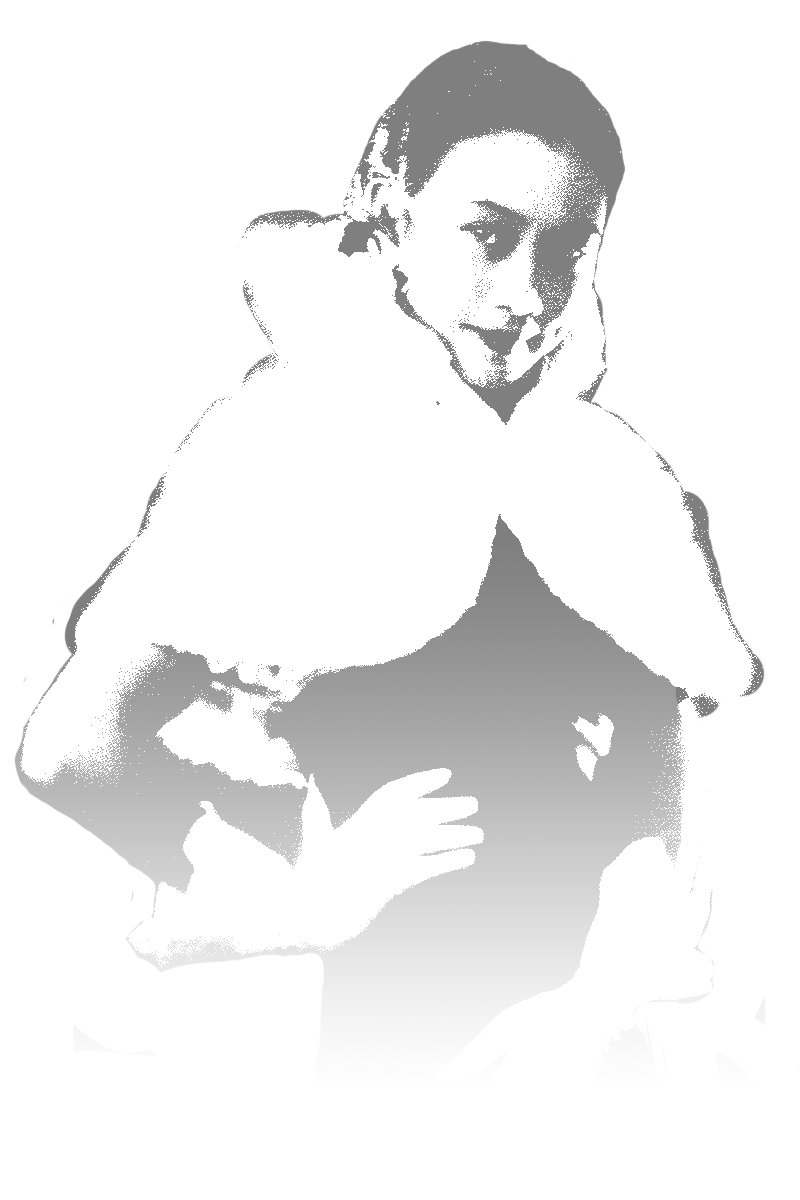胡蝶女士
1908-1989
演員
胡蝶原名胡瑞華,1924年入讀上海中華電影學校的演員訓練班; 1925年從影。1928年進入明星影片公司,主演轟動一時的武俠片《火燒紅蓮寺》。1931年於蠟盤配音片電影《歌女紅牡丹》擔綱女主角,該片被視為中國電影進入有聲年代的重要標記之作。1933年,上海《明星日報》舉辦電影皇后選舉,胡蝶以2萬多票當選,成為中國第一位電影皇后。同年參演的《姊妹花》被譽為中國電影史上的名作。抗戰期間,胡蝶往香港發展,曾擔演《胭脂淚》(1938)、《絕代佳人》(1940)等影片。戰後主演《某夫人》(1947)、《錦繡天堂》(1949)、《街童》(1960)等國粵語影片,1960年以《後門》榮獲亞洲影展最佳女主角獎。她參演《塔裡的女人》(1967)和《明月幾時圓》(1969)後息影。
Ms Butterfly Hu
1908-1989
Actress
Butterfly Hu (née Hu Shui Wah) made her debut as an actress in 1925, following a year on the acting course of Shanghai’s Zhonghua Film Company. She joined Mingxing Film Company in 1928 and, in the same year, appeared in the swordplay blockbuster The Burning of the Red Lotus Temple (1928). In 1931, she played the lead role in China’s first sound film, Red Peony the Showgirl (1931), a landmark work in the country’s transition to the sound era. In 1933, Hu became the first actress to win the “Movie Queen” title in a public poll by Shanghai’s Star Daily, with more than 20,000 votes. In the same year, she appeared in Twin Sisters, an important work in the history of Chinese cinema. During the War of Resistance against Japanese Aggression, Hu came to Hong Kong where she made Rouge Tears (1938), The Perfect Beauty (1940) and other titles. After the war, Hu acted in a number of Mandarin and Cantonese films, such as Madame X (1947), Heavenly Souls (1949) and Street Boys (1960). Hu was named Best Actress for her role in Back Door (1960) at the Asian Film Festival in 1960. She retired in the late 1960s after completing The Woman in the Tower (1967) and When Dreams Come True (1969).

